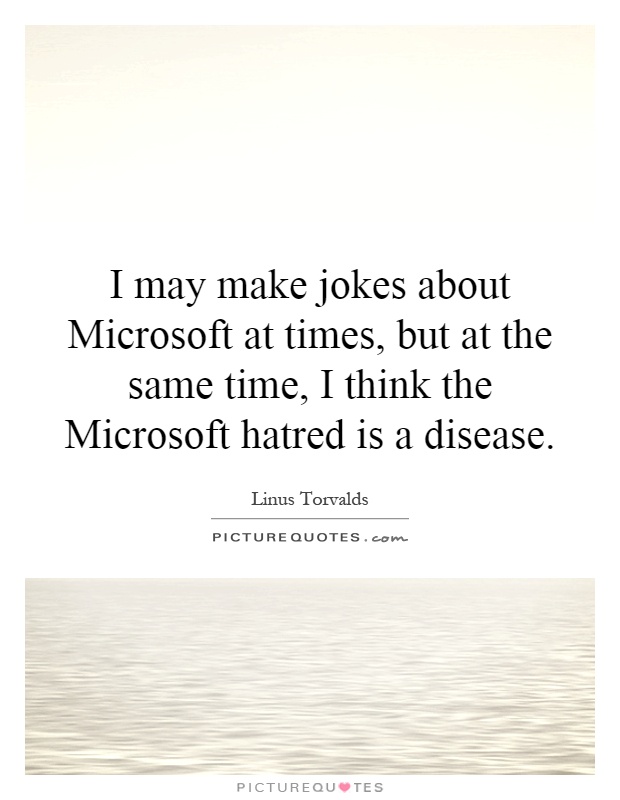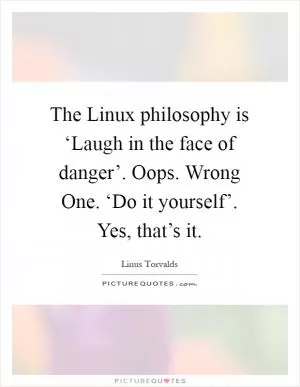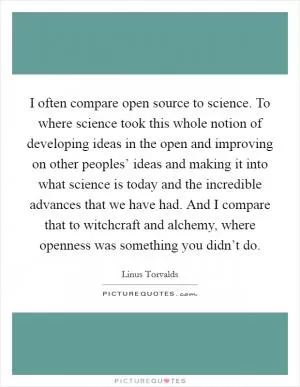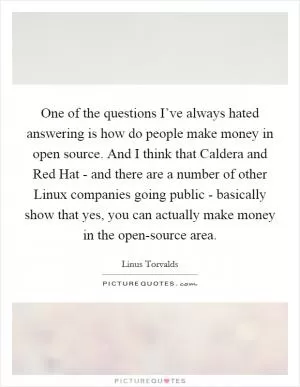I may make jokes about Microsoft at times, but at the same time, I think the Microsoft hatred is a disease

I may make jokes about Microsoft at times, but at the same time, I think the Microsoft hatred is a disease
Linus Torvalds, the creator of the Linux operating system, is known for his outspoken opinions and sense of humor. He has never been shy about expressing his thoughts on technology companies, including Microsoft. Torvalds has been critical of Microsoft in the past, particularly during the early days of Linux when Microsoft was seen as a major competitor in the operating system market.Despite his criticisms, Torvalds has also acknowledged the importance of Microsoft in the tech industry. He has often stated that while he may make jokes about Microsoft, he does not harbor any real hatred towards the company. In fact, he has even gone so far as to call the Microsoft hatred that some people exhibit a "disease."
Torvalds' perspective on Microsoft is a nuanced one. While he may not always agree with the company's business practices or software decisions, he recognizes the role that Microsoft has played in shaping the technology landscape. Microsoft has been a major player in the industry for decades, and its products have had a significant impact on the way people use computers.
At the same time, Torvalds has been a vocal advocate for open-source software, which stands in contrast to Microsoft's proprietary approach. Linux, the operating system that Torvalds created, is open-source and free for anyone to use and modify. This philosophy is at odds with Microsoft's business model, which relies on selling software licenses and proprietary technology.
Despite these differences, Torvalds has maintained a level of respect for Microsoft and its contributions to the tech industry. He has even praised some of the company's recent efforts, such as its support for Linux on its Azure cloud platform. While he may continue to make jokes about Microsoft from time to time, Torvalds' perspective on the company is a balanced one that acknowledges both its strengths and its shortcomings.












 Friendship Quotes
Friendship Quotes Love Quotes
Love Quotes Life Quotes
Life Quotes Funny Quotes
Funny Quotes Motivational Quotes
Motivational Quotes Inspirational Quotes
Inspirational Quotes